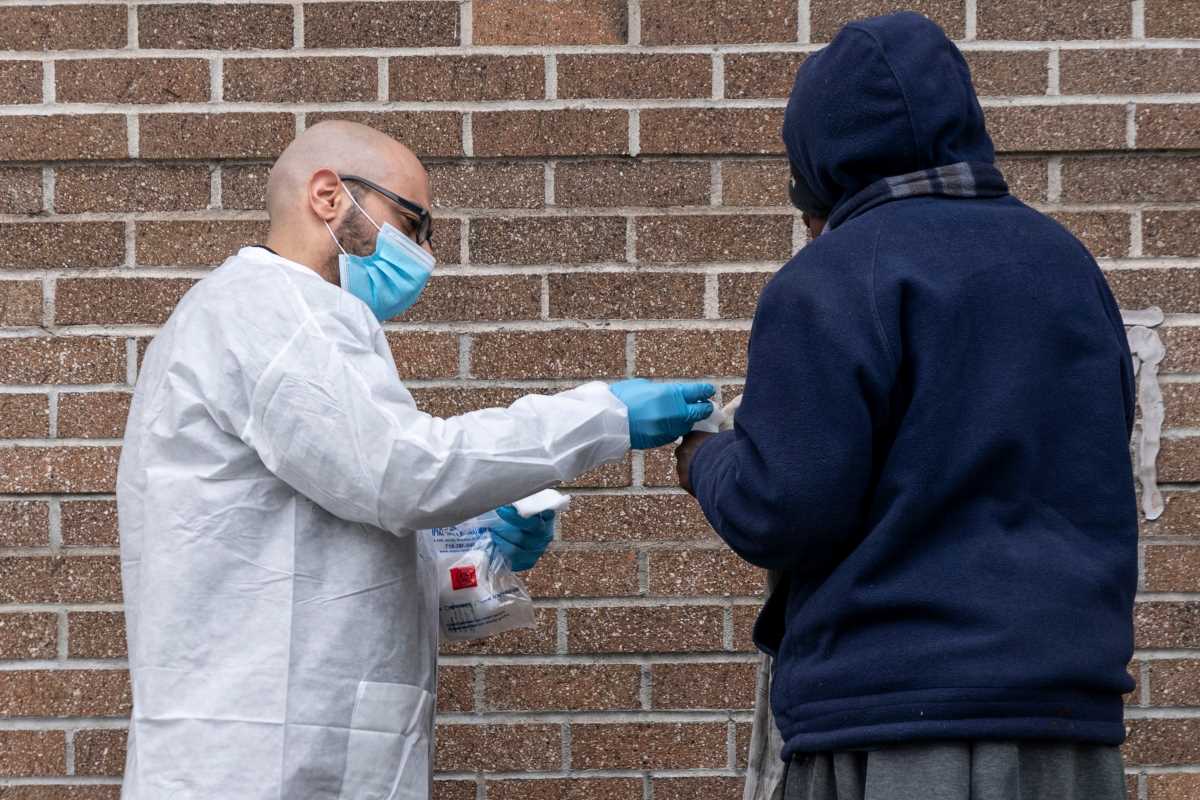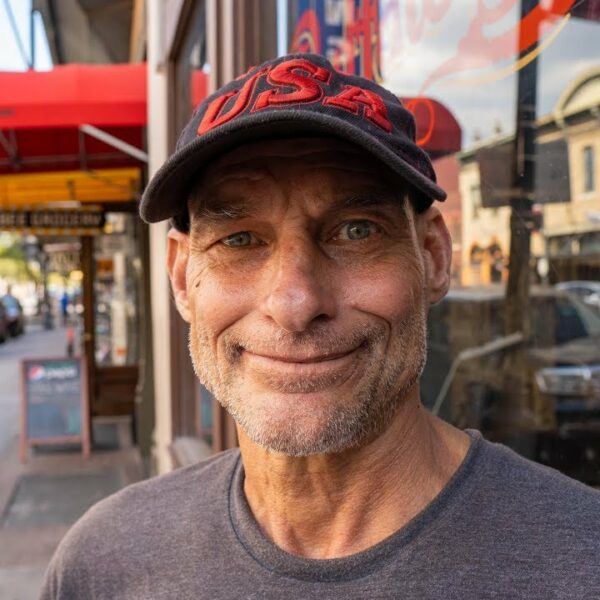People with chronic mental illness are at greater risk for homelessness and are disproportionately represented among the homeless population.
It’s estimated one in four homeless people have a severe mental illness. Severe mental illnesses include conditions like schizophrenia or bipolar disorder in which there are episodes of psychosis. However, disorders like severe depression can also be disabling, as can complex PTSD.
Mental illness makes it harder to maintain employment, manage personal finances, and utilize supports. What compounds the issue is people experiencing homelessness are at greater risk of developing a severe mental illness. All these factors contribute to chronic homelessness.
Housing is the most crucial resource we have. Without it as a foundation, the other factors keeping people stable and secure cannot stand.
Think about how difficult it would be to stick to a medication schedule when you don’t know where to sleep at night. Without transportation, ordinary things like getting to the doctor or filling a prescription at the pharmacy become enormous problems. If you can get your medication, safely storing it without a home is near impossible.
These factors don’t even consider people who have psychosis, which involves loss of connection with reality. The person experiencing psychosis may see things that aren’t really there or hear voices other people can’t hear. They may also have delusions, beliefs that are out of touch with reality. Common types of delusions involve paranoia, religion, or grandeur. From the outside, someone experiencing psychosis may look as if they’re talking to themselves, unusually confident or happy, or fearful.
Suffering from psychosis would make daily life difficult for anyone. Battling mental illness alongside homelessness and fighting for basic physical needs alongside mental health needs becomes a grueling and even deadly task.
Fortunately, there are programs like street psychiatry that can help people struggling with their mental health and homelessness at the same time. Street psychiatry involves taking mental health services to wherever homeless people live, removing barriers of transportation and cost. It’s an effective way to help get people healthy and stable, with long-term hopes of staying that way. Once mental wellbeing is established, other problems become easier to tackle.
Why Mental Illness is a Barrier
Sure, it isn’t easy to help someone who doesn’t want help. And for people with severe mental illness, it can seem like they don’t, especially if they’re experiencing a psychotic episode. They may say they don’t want help or respond in ways that don’t make sense.
This makes regular street outreach difficult, but the difficulty goes further than that. If someone refuses help while experiencing psychosis, it’s less likely that person will get help when they’re more stable. In the case of bipolar disorder, manic episodes are temporary. When the mania passes and the person becomes more rational, they may have declined programs or resources previously available to them.
It’s also more difficult for service providers to help homeless people who have serious mental illnesses. Due to the nature of psychotic symptoms, people suffering from them – especially living on the street and within a clear view of the public – often have the police or EMTs called on them. However, even if the person struggling with mental illness is unwell, there’s often nothing these professionals can do.
Street Psychiatry: A Solution to an Impossible-to-Solve Problem
Street psychiatry is a practice that has developed over the last few decades. It is highly effective as a method of reaching people who may otherwise be unreachable. These programs bring psychiatrists and therapists to homeless people directly. They can perform diagnostic assessments, prescribe medication, assess risks, and provide therapy.
Mental health professionals who work in street outreach are knowledgeable about the particular challenges facing homeless people. They know, for example, not to prescribe sedatives unless given deliberate permission because homeless people need to be able to defend themselves from violence.
They also know that trust with homeless individuals is built gradually, and they take care to show respect and compassion. Street psychiatrists take the time to build this trust because that’s how they help people come around to the idea of trying therapy or medication when they previously may have refused.
Street psychiatry affirms the value of the lives of homeless people by giving them access to the same mental health services the general population has, although perhaps at a faster pace. Rapid stabilization is the goal. Once stable, clients can work toward attaining housing. The street outreach team may even be able to provide case management and advocacy, continuing to help their clients as they break their debilitating cycle of mental health crises.
Just because you’re not in the mental health field yourself doesn’t mean you can’t help homeless people with serious mental illness. Learn about the street psychiatry programs that are available in your area and find ways to support them. You can also advocate for more significant funding that allows these programs to expand and reach more people. Writing to your legislators is crucial in accomplishing this.













